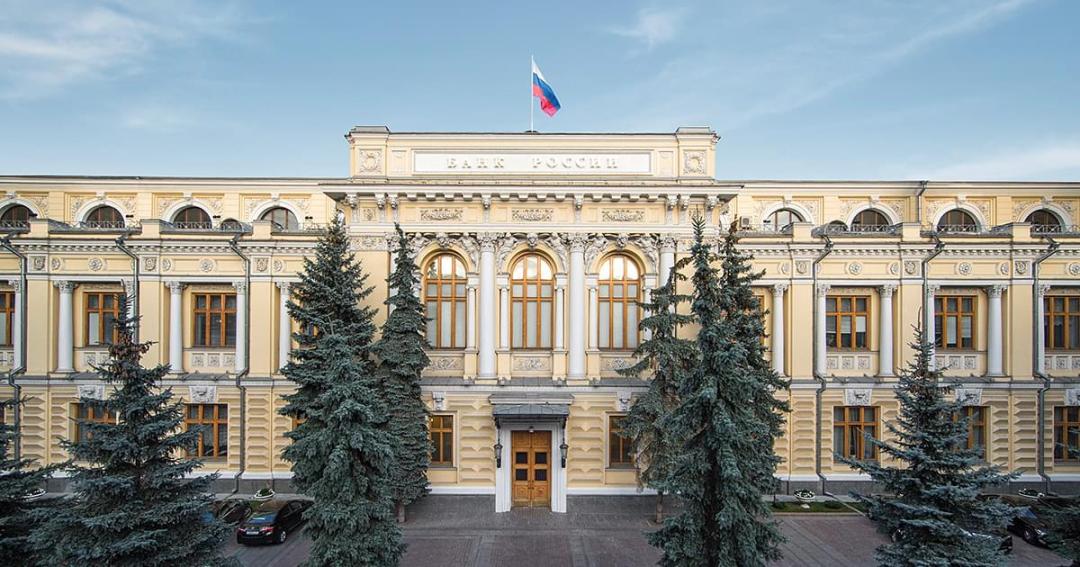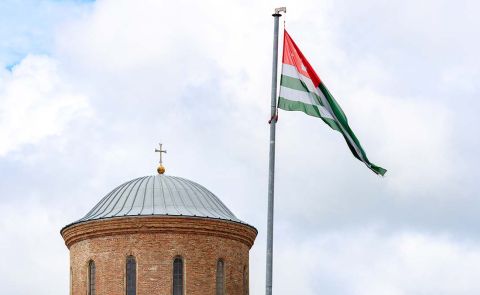
Bank of Russia measured economic well-being of North Caucasus

The Bank of Russia prepared a report on the current economic situation in the regions of Russia. In the regions of southern Russia, the Bank recorded a decrease in inflation and a negative rise in prices.
“In June, the mood of regional business in the sphere of production and demand improved. The decline in demand slowed down on the back of an easing of monetary policy and an increased tourist flow in the North Caucasus. Inflation is declining as food supplies expand and the rouble strengthens. Business is gradually adapting to external changes,” the report said.
The Bank also stated that there is still a high dependence on imports in certain sectors of the economy. Under these conditions, breeders are expanding their work on developing new varieties of seeds. Consumer activity in June was lower than the same period last year. Demand shifted to cheaper segments. In the Karachay-Cherkessia Republic, the Republic of Ingushetia, and the Volgograd region, the attendance of catering establishments has decreased.
However, according to the observations of the Bank of Russia, the overall decline in demand has slowed down, and business expectations have improved. "Retailers are gradually finding new partners. On the site of an Italian clothing store in Volgograd, an outlet of an Asian discounter with food and non-food products from suppliers from Asia and Russia is opening. In the Chechen Republic, the distributor of an American brand of carbonated drinks has switched to selling domestic groceries, juices, and drinks," the report added.
The number of enterprises planning staff reductions and the practice of part-time employment has decreased. Against the background of the growth of the tourist flow, the demand for workers in the field of hospitality and catering has increased in the resorts of the Caucasian Mineralnye Vody and the Republic of Dagestan.
Annual inflation eased to 16.1% in June, while monthly seasonally adjusted price growth was negative (-0.39%). "Growing food supply kept inflation in check. The deliveries of vegetables produced both locally and in the neighboring countries have increased. Sales channels have been expanded since the beginning of this year; 800 mini fairs have been held in the Stavropol Territory with free places for manufacturers. According to a survey of enterprises, the share of companies that expect price increases in the short term has decreased (18.7% in June against 21.6% a month earlier). This is typical, among other things, for manufacturers of clothing, food, and beverages,” the Bank explained. "At the same time, banks maintain strict non-price requirements for borrowers and generally do not plan to soften them significantly. Against the backdrop of lower rates, the demand for loans, according to several banks, increased slightly, both in the consumer and mortgage segments. After the completion of short-term deposits opened in March at the peak of their profitability, citizens re-executed contracts at new rates in June. The population still prefers to keep funds in bank deposits, albeit at a lower percentage," the Bank of Russia underlined.
The Bank also notes that this macro-region continues to have an increased tourist flow, and its territorial heterogeneity is still associated with the closure of several southern airports. "Despite a 1.5-fold increase in rail traffic, the occupancy of Crimean hotels in June decreased by a quarter compared to last year. The level of bookings for July-August fell by a third; some large resorts reported a two-fold reduction. At the same time, in the accommodation facilities of Dagestan, North Ossetia-Alania, and Stavropol, the load increased by almost 10%. Sochi remained the leader in the number of vacationers, where the tourist flow in June increased by 2% compared to last year, and the booking depth for July-August by almost ten percentage points, exceeding 75%. In general, in the Krasnodar Territory, the average percentage of bookings for the summer is slightly lower than last year due to logistical difficulties, including a shortage of train tickets. On the Black Sea coast, hoteliers increased the cost of services in July, most noticeably in the four-star category (by 12-13% compared to last year, in five-star hotels - by 3-5%, in three-star hotels - by 6-8%)," stated the Bank.
See Also


BP Strengthens Presence in Azerbaijan’s Offshore Energy Sector

Netanyahu’s Letter to Aliyev: Mutual Trust, Solidarity Following Hamas Attacks, Facilitating Dialogue Between Israel and Türkiye

Azerbaijan Expands JF-17 Thunder Fighter Jet Order from 16 to 40 Units

EU Commissioner and NATO PA Warn Georgia Over Democratic Decline Amid Accession Challenges

